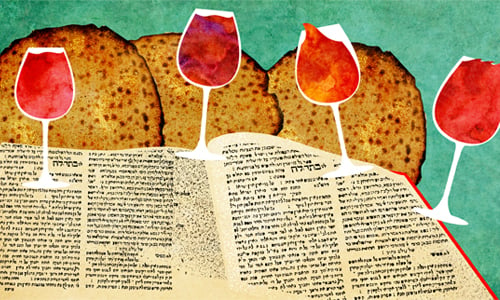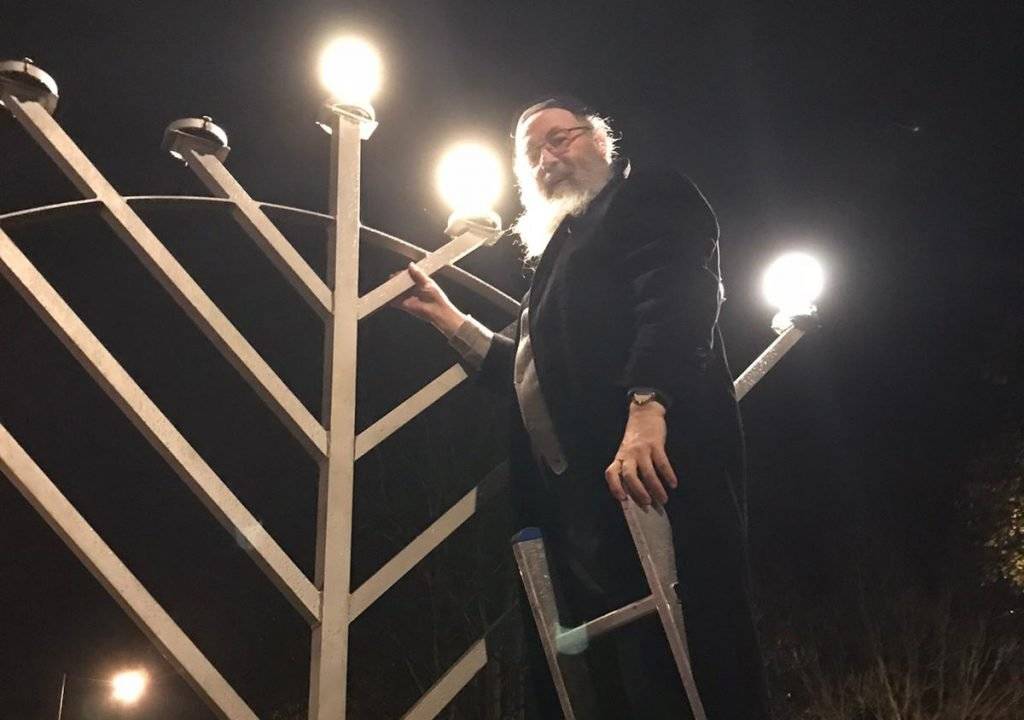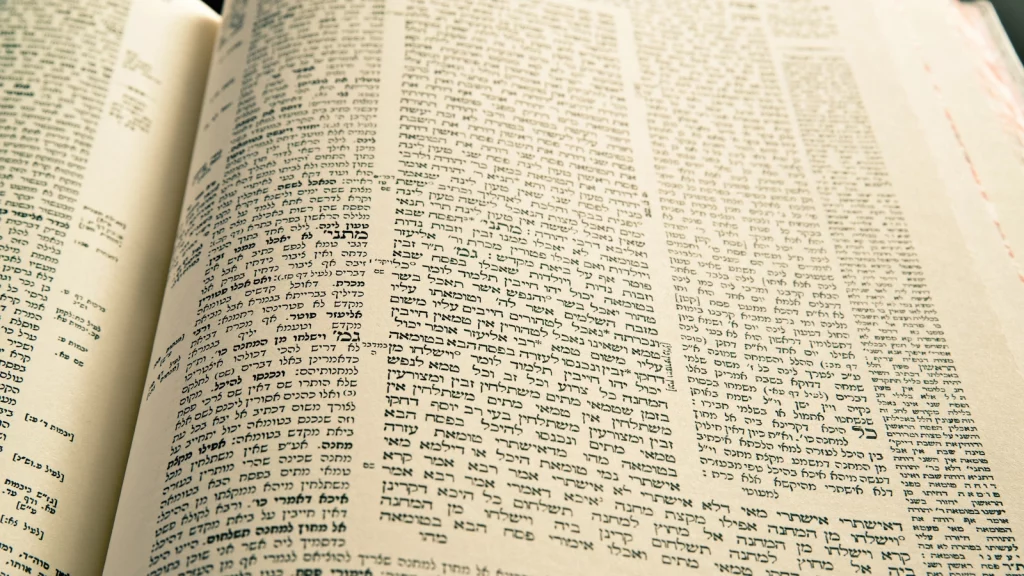One of the more well-known discussion points during the Pesach Seder relates to the opening passage, where it is written in Aramaic, “Here is the bread of affliction,” referring to the matzah at the centre of the Pesach table.
With these words, the leader of the Seder announces to the gathered that this is the bread which our forefathers ate in Egypt, and that all are invited to partake of it and attempt to relive these past experiences.
Later in the paragraph it is written, “This year we are slaves but next year we will be a free people.”
This statement seems quite out of place in relation to what we know to be the overall theme of the Seder and the holiday of Pesach in general.
If we are saying that we are still slaves, then how can we say that this is the holiday of freedom and that the purpose of the gathering is to celebrate our independence while recalling a slavery we were taught was in the past?
To some extent this is true, for we are fortunate to live in a country that does not oppress us, in a place that allows us every kind of religious freedom and acknowledges our human rights. We are not persecuted and can travel whenever and to wherever we wish to. Our right to live a full Torah observant life is in no way hindered nor curtailed.
The answer, as with many or even most things in Judaism, is that freedom is not a black-and-white issue. Freedom, in the Jewish sense, is not simply the opposite of being imprisoned, but rather requires an analysis of a combination of factors, each one different for every individual and every time and place.
However, whilst this freedom is important it is only superficial. Although we live “free lives” many people are slaves in one way or another to their own personal cravings and desires, fears and phobias. Be they physical or emotional, we all know the aspects of our lives and personalities that hold us back and imprison us in our own “Egypt”.
Just a century ago, many of our ancestors were living under regimes when physical freedom was a distant dream. Violent pogroms were a constant fear, and the winds of a war that would destroy millions of our fellow Jews were already underway. In more recent decades, and indeed until today, Jews living under Muslim regimes were being treated with the same hatred, and they fear for their very existence.
But the reality is that even those who feel physically free are not truly free.
We know of countless stories of Jews who went proudly and honourably to their deaths under the Nazis and in Stalinist Soviet Union. They were certainly not proud because they were forced to die under a regime that hated them. They were proud, and in a sense free, because they understood that to die because of our faith is something deserving of enormous praise. So, it is of course deeply ironic that in the harshest of conditions and the darkest of places, there were Jews who felt free.
So here too true freedom remains elusive.
The story of Pesach Exodus is another example in our Jewish history that achieving freedom is not about realising an absolute truth, but a process that begins the day we are born and will only end the day we die.
Certain aspects of achieving that freedom are beyond our immediate control. We cannot singularly impact on geopolitics or remove barriers that impede our movement. The existence of enemies who limit our liberties is a painful reality that will likely remain for many years to come.
But when it comes to our personal and social sense of being restricted, there are changes that we can and must make.
When G-d took us out of slavery, He lifted us up and elevated our existence to a place far beyond where our personal efforts could take us alone. From the lowliness of Egypt, we were carried to the lofty spiritual heights of Mount Sinai. G-d showed us a vision that made it possible to reach the very highest levels that a human being could achieve. The Torah message empowered us to transcend the limitations of the mind and body and free ourselves from the restraints and restrictions that society attempts to place upon us.
The Pesach story should be much more than the historical account of events in Egypt 3336 years ago; it should also become the narrative that encourages us to break free and to achieve the inner happiness that each of us desires and needs in order to live productive lives.
Torah Judaism deserves to be accessible to all Jews – even those who may think and act differently.
Restoring that freedom of connection with Judaism is our ultimate responsibility and challenge, and indeed the only way to ensure Jewish continuity and meaningful connections.
But perhaps if we commit ourselves to making it the reality, then next year we will be that much closer to being truly free.
Wishing you all a meaningful and inspirational Pesach.



